Gavin Esler: Is there a future for the Union?
- Cyhoeddwyd
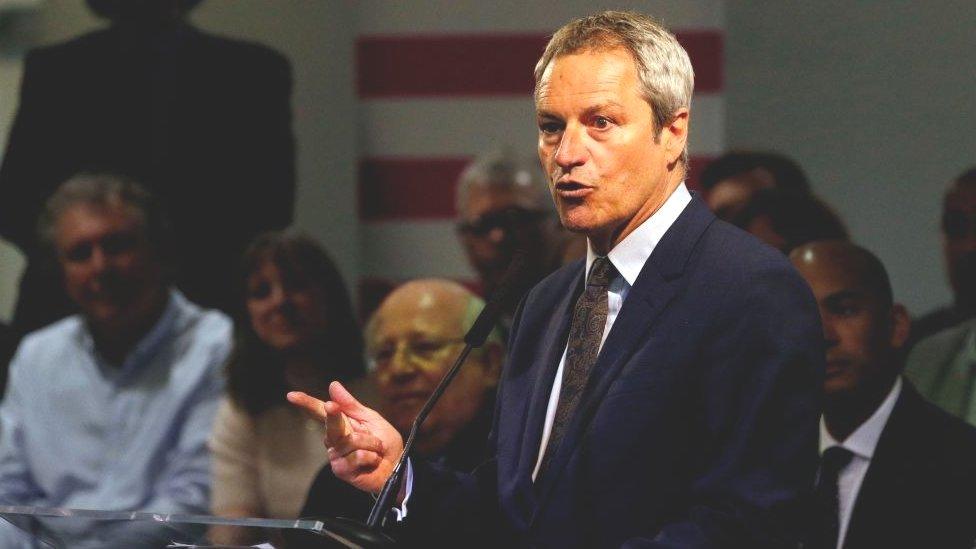
Gavin Esler is a well-known journalist who worked for BBC News and was the presenter of Newsnight on BBC2 for over a decade.
He's an author and a columnist, and since leaving the BBC in 2017 has ventured into politics himself, focusing on Britain's relationship with the European Union.
His new book 'How Britain Ends' discusses the current constitutional arrangements of the UK and what might happen in the future.
In an article for BBC Cymru Fyw Gavin Esler shares some of his thoughts, and what the implications could mean for Wales.

Watching Six Nations rugby in Covid times means settling for third best. Best is to get a ticket and go. Second best (still really good) is to sit with my English mate (Martin) my Irish mate (Marty) plus anyone else in the pub, have a few beers and argue about the game.
Third best is watching at home and texting friends. During the Wales-England the Englishman (Martin) of course supported England. The Scotsman (me) and the Irishman supported…. Wales. Of course, Wales.
I could pretend it's because I played rugby in Edinburgh as a schoolboy and remember the genius of Barry John, Gareth Edwards and J P R Williams, but as a well-known Welsh politician once put it to me, the Scots, Irish and Welsh "play rugby against each other," but on the pitch "we declare war on England".
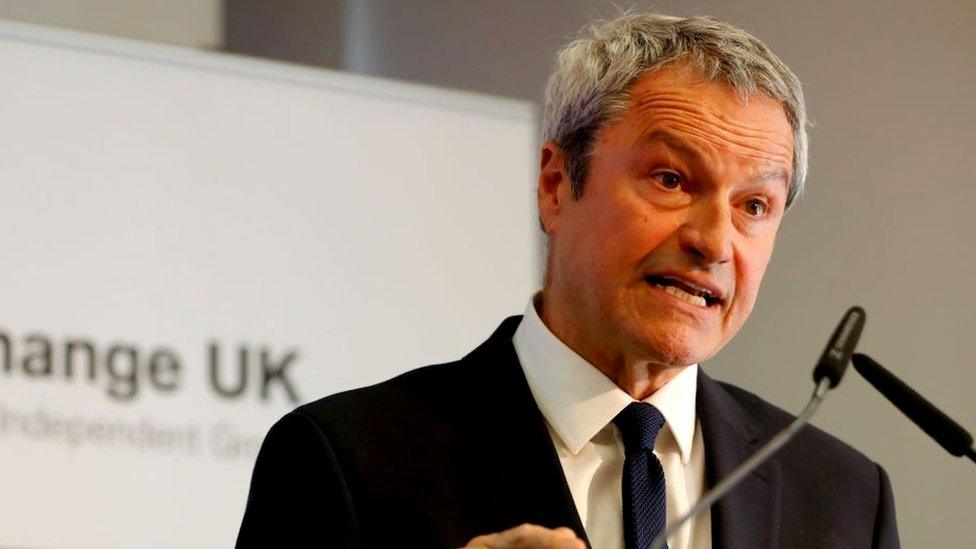
Gavin Esler presented Newsnight from 2003 to 2014
When I wrote a weekly newspaper column for The Scotsman I once unwisely admitted that since Scotland had (again) failed to qualify for the football World Cup, I would cheer on the England team.
The resulting outrage from Scotsman readers included a letter which I learned off by heart. The complainant said he would rather support "Satan and all his minions gloriously arrayed" than any England football team.
These apparently trivial matters go to the heart of our national - this time I mean "British" - dilemma. England, as the broadcaster Ludovic Kennedy once noted, is the elephant in the bed of the union of the United Kingdom - 84% of the population. London and its vast commuter belt is more populous and economically powerful than Scotland, Northern Ireland and Wales put together.
The 'strains' of Brexit
Brexit has sharpened these strains with Scotland and Northern Ireland voting to remain in the European Union, Wales and England voting to leave. Coronavirus - perhaps surprisingly - has not quite pulled us together. True, the excellent vaccination programme is a UK effort. But the NHS is devolved.
Cardiff, Edinburgh and Belfast administrations have gone their own ways at their own speed, and even England's big cities, including Greater Manchester, Liverpool and London have tried to carve out their own paths against the pandemic.
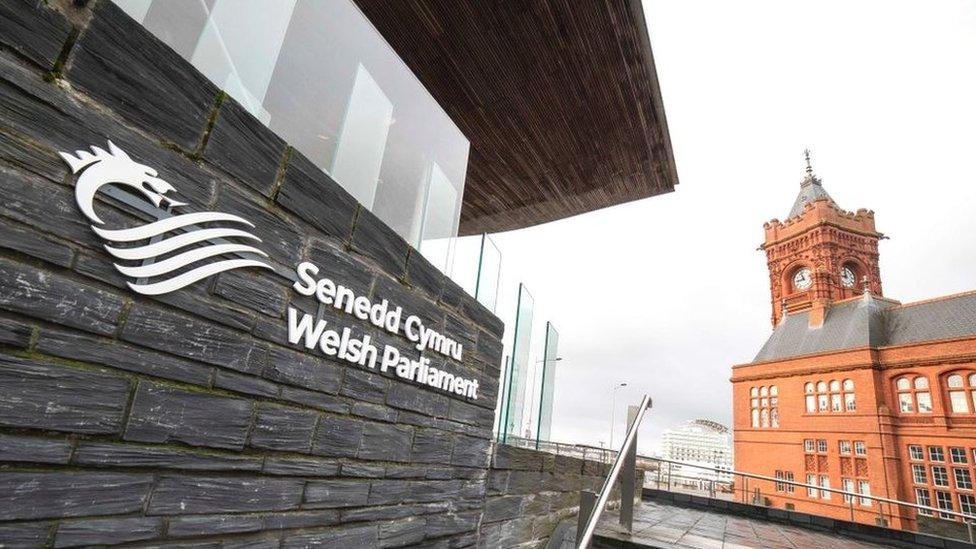
The Covid-19 pandemic has highlighted the power of the devolved administrations accoriding to Gavin Esler
I began my new book 'How Britain Ends' because the tectonic plates of the United Kingdom are shifting. The challenge for unionists is that their complacency and arrogance are pulling us apart. They have failed to make a convincing case for what "being British" means nowadays.
Where is their positive vision to reinvent the UK in the 21st century? It has been reinvented every century since its founding in 1603 - in 1707, 1801, and 1922? - and reinvention is long overdue.
Is it still an 'United Kingdom'?
Moreover, does anyone seriously speak up for a truly United Kingdom?
When I have discussed Boris Johnson's leadership with Scottish Conservatives I remind them he claims he is a "One Nation Conservative." The response is "well, that one nation must be England."
Ulster unionists tell me Mrs Thatcher saw Northern Ireland being "as British as Finchley" but Boris Johnson's customs border in the Irish Sea means it is "as British as France."
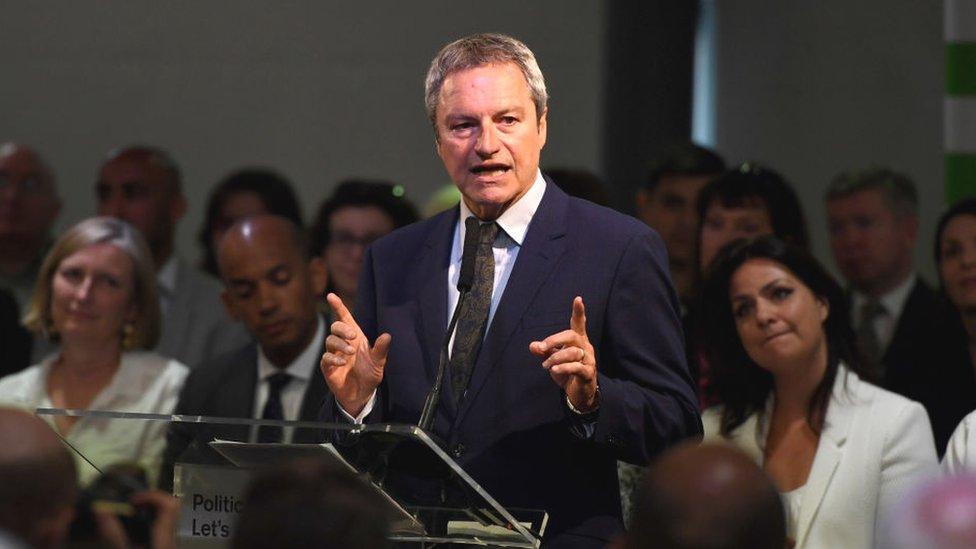
Gavin Esler is an author of fiction novels since 1991, and has published four books on politics
'How Britain Ends' is also a challenge to nationalists to spell out their coherent vision of what an 'independent' Wales or Scotland looks like in an inter-dependent world.
Irish nationalists envision their united country within the EU. Scottish and Welsh nationalists have seen a surge in support, but fundamental difficulties remain.
Brexit shows detaching from a union after fewer than 50 years was not easy, so how can we unpick a United Kingdom which had lasted for centuries?
'Undemocratic' Westminster
I suggest two solutions. The first is a federal United Kingdom based on more devolution and a profound shake-up of institutions, especially Westminster. The Westminster parliament is not seen around the world as "the Mother of Parliaments" nor are our institutions "the envy of the world."
Westminster is a clapped out undemocratic structure invented in the era of the horse and cart in which the current government - like those of Tony Blair and Gordon Brown - claims an enormous parliamentary majority based on a clear minority of the vote, (just 43.6% for the Tories in 2019).
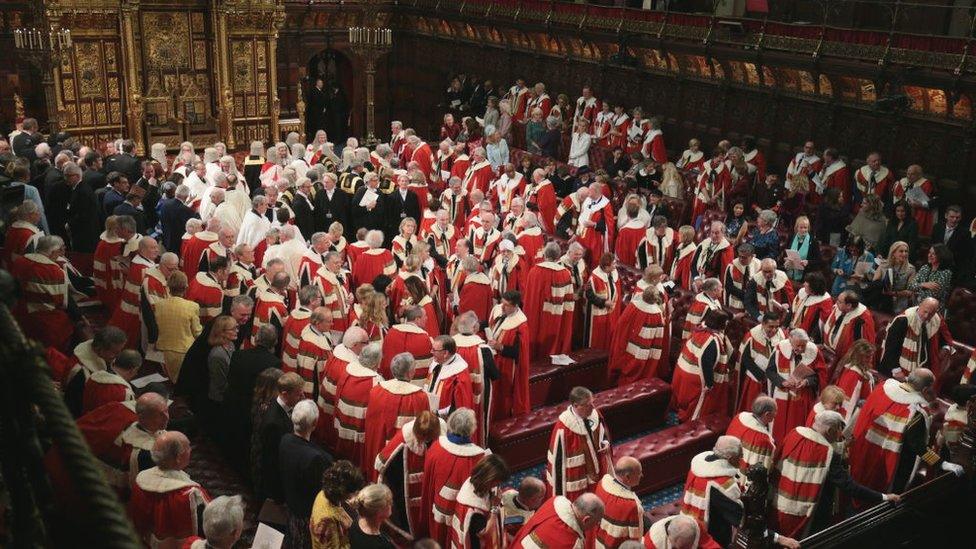
The democratic institutions of the UK is in need of a 'profound shake-up' according to Gavin Esler
Moreover, no modern European state has an unelected upper chamber. British experts have written constitutions for dozens of other countries, but traditionally have wallowed in the "glories" of our supposedly "unwritten" (really, uncodified) constitution.
Too late for reform?
But a federal solution may come too late. Scots are "scunnered" (sickened) that in 2014 Westminster politicians promised that voting "No" to independence was the only way to guarantee staying in the EU. Those promises turned out to be false.
Unionists in Northern Ireland are semi-detached from the UK. In 1973 when we joined the EU the Irish Republic was (per capita GDP) much poorer than the UK. By 2020 it was much richer.
Wales, where polls suggest support for independence is growing, will make its own choices, but whatever happens Wales will be profoundly affected by events elsewhere.

Yes Cymru, the grass roots movement for Welsh independence has seen an increase in membership over the last year
If the United Kingdom becomes just England-and-Wales, will it still retain permanent membership of the UN Security Council? I doubt it. Where will all those nuclear-armed submarines currently in Scotland end up? Cardiff Bay? (No, but where?) And how far will Wales be a "priority" for a diminished England?
Former prime minister Gordon Brown suggests the UK risks becoming a failed state. Former Chancellor George Osborne fears that Boris Johnson could "lose" the union.
'How Britain Ends' is a book, not a prophecy, but it's also an indictment of those who wallow in the past and fail to think about the future.

Hefyd o ddiddordeb/Also of interest: